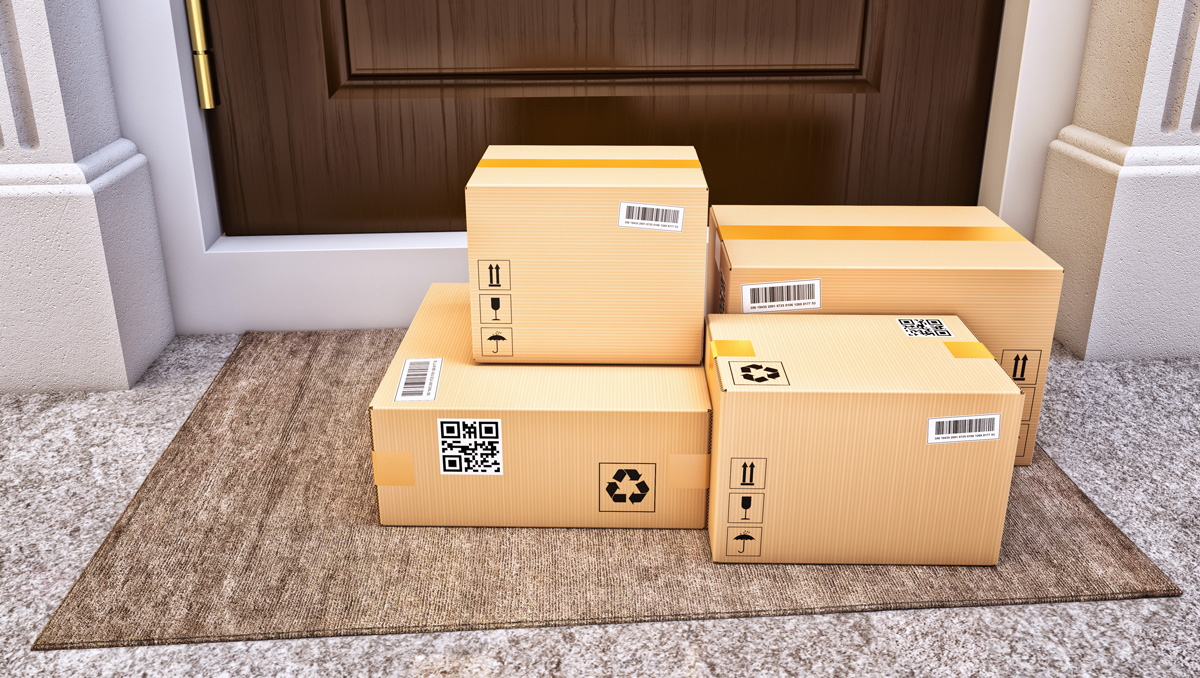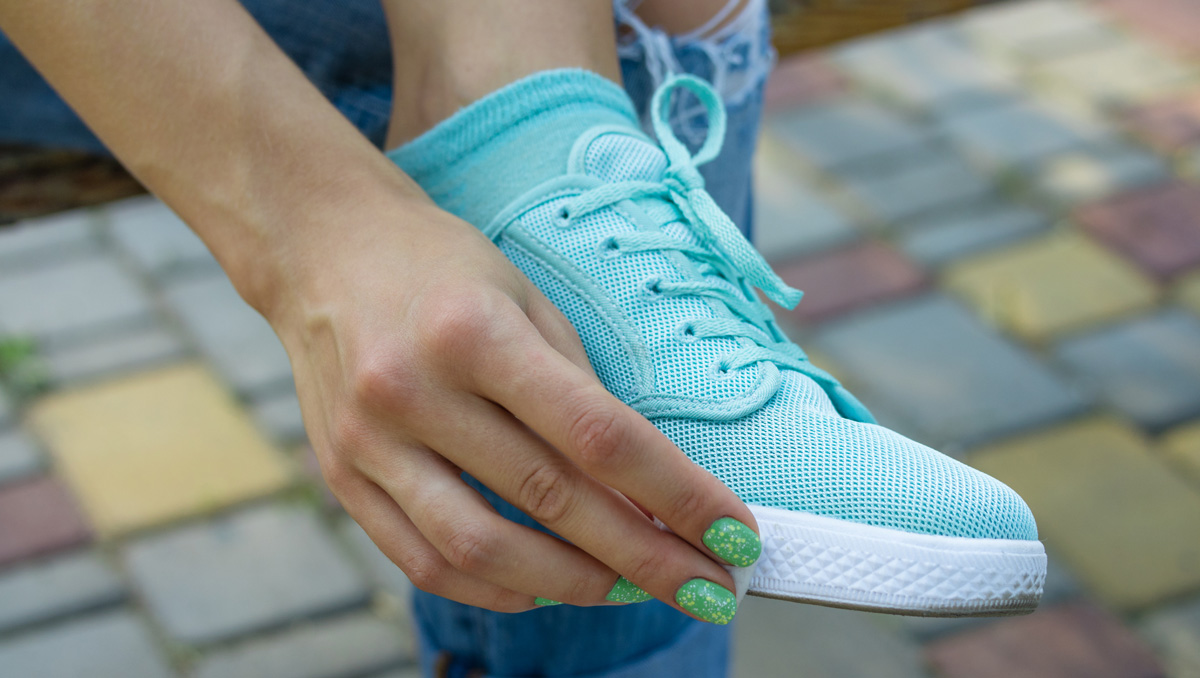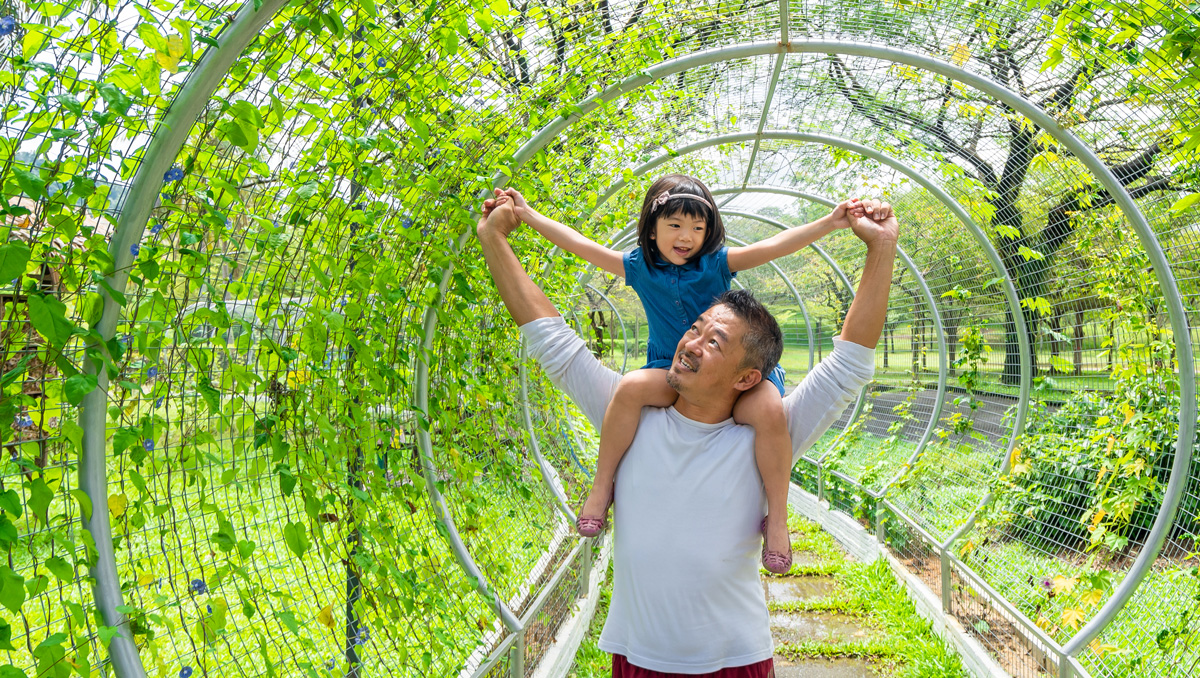Develop Money Privilege Empathy With Your Teens

The pandemic has thrown families everywhere a real curveball to say the least. But social distancing is presenting more than just challenges; it is also giving families with older kids a real opportunity to well…just talk more. From our vantage point, some of those opportunities should absolutely be used to discuss money. As few as four conversations with teens can allow your family to exit the pandemic with money-smarter kids. You don’t need to be an expert or download an App. You only have to take some of the time you are already spending together and speak honestly about your experiences earning and spending.
Tonight at dinner, consider describing the first time you…rode a plane, went to a concert, or professional sporting event. How about the first time you rode public transportation from one county to another, or drove a car on a highway by yourself? In our experience, sharing the details of firsts can be a great way to begin to develop some MPE, otherwise known as “money privilege empathy”.
Money Privilege Empathy helps kids understand why sometimes you just have to say no to a request to spend. They won’t always let onto that fact in the moment, but Dr. Francis Jensen, Author of The Teenage Brain, tells us that even though adolescent brains are not yet wired to consider what often feel like distant consequences, doesn’t mean you should stop bringing them up. And that even though your kids may dismiss you – your message will register. Wrapping that message in a humorous or poignant story from when you were young, helps it all feel a little less like a teachable moment, and more like well, just talking.
Although adolescence looks and feels different in 2020, not everything has changed from when today’s parents were young. For example, just like your parents before you, you still have to balance how much your family earns every month, with how much is spent. And because “firsts” tend to cost the type of money that can make a serious dent in household finances, they have to be carefully considered and planned.

Sharing details of “firsts” illustrates to teens that even parents once had youthful ambitions that they couldn’t afford. And that not everything has changed since today’s parents were young: households still have to balance monthly income and expenses.
When your kids realize that the first time you flew somewhere was on your honeymoon, if nothing else, because they know that benchmarks in their parents’ lives typically have predictive qualities for their own, it registers.
When they learn that the first time you attended a professional sporting event was in your senior year of high school – and that you were given the tickets by the owner of the store where you worked part-time for doing an excellent job – but still had to agree to take your brother to be able to go – they can appreciate being given similar tickets for their birthday – and nothing else!
When it is done in a genuine and purely nostalgic way, sharing details of your firsts lays the foundation for why you think about and use money the way you do. Even if your kids don’t agree with how much of a penny-pincher (or spendthrift) you are – when you give them a window into your adolescence, you allow them to see you as a human being, who also once had unaffordable youthful ambitions. Supporting the conversation with old photos, memorabilia, or a chat with grandparents about a time you got “caught” always seems to go a long way with teens as well.
Hang onto hope everyone. Lets get through this thing, if nothing else, with money-smarter kids.
If you are interested in how children research the full value of a request or purchase (before they make it) at one of our in-classroom workshops, please click on the Green or Pink Buttons below. Of course, they can also do this at home!




